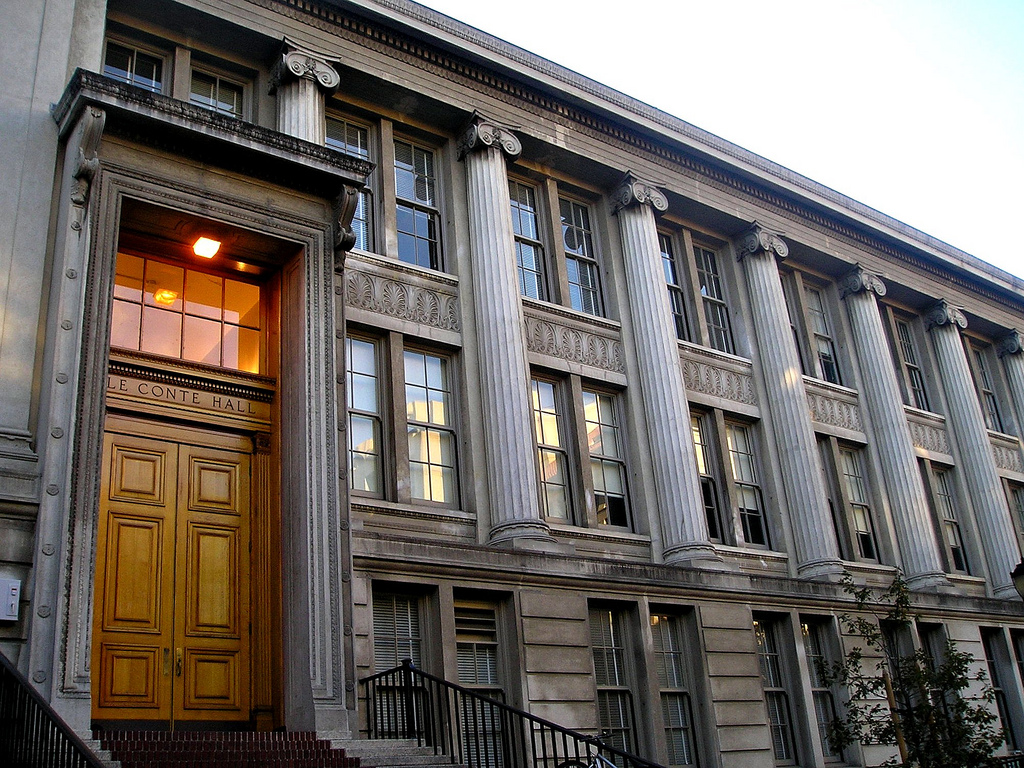Bernard Peters (1910-1993,) born Bernhard Pietrokowski, was a Polish-born physicist.
Peters was born in Poland and later moved to Germany. It was there that he became involved in the opposition to the Nazi Party. His anti-Nazi politics caused him to be arrested and interned at Dachau in 1933. He would be released without explanation several months later.
Following his release from Dachau, Peters eventually emigrated to the United States, where he settled in the bay area. He met J. Robert Oppenheimer through his wife. Oppenheimer convinced Peters to study physics, and Peters became a graduate student in Oppenheimer’s department at Berkeley. While at Berkeley, he would maintain a friendship with Oppenheimer, as well as Giovanni Rossi Lomanitz, David Bohm, and Joseph Weinberg. His involvement in leftist politics would continue alongside those three.
Though he would later deny any ties to the Communist Party, Peters did join the Federation of Architects, Engineers, Chemists, and Technicians union (FAECT) during his time at Berkeley. He also contributed to the war effort there, conducting research at the school’s Radiological Laboratory.
In 1949, the House Un-American Activities Committee (HUAC) launched an investigation into Peters for his ties to the Communist Party and the labor movement. J. Robert Oppenheimer testified against him, asserting that he was an avid communist. The investigation eventually cost Peters his job at the University of Rochester, and eventually he left the country entirely to take a professorship in India.





